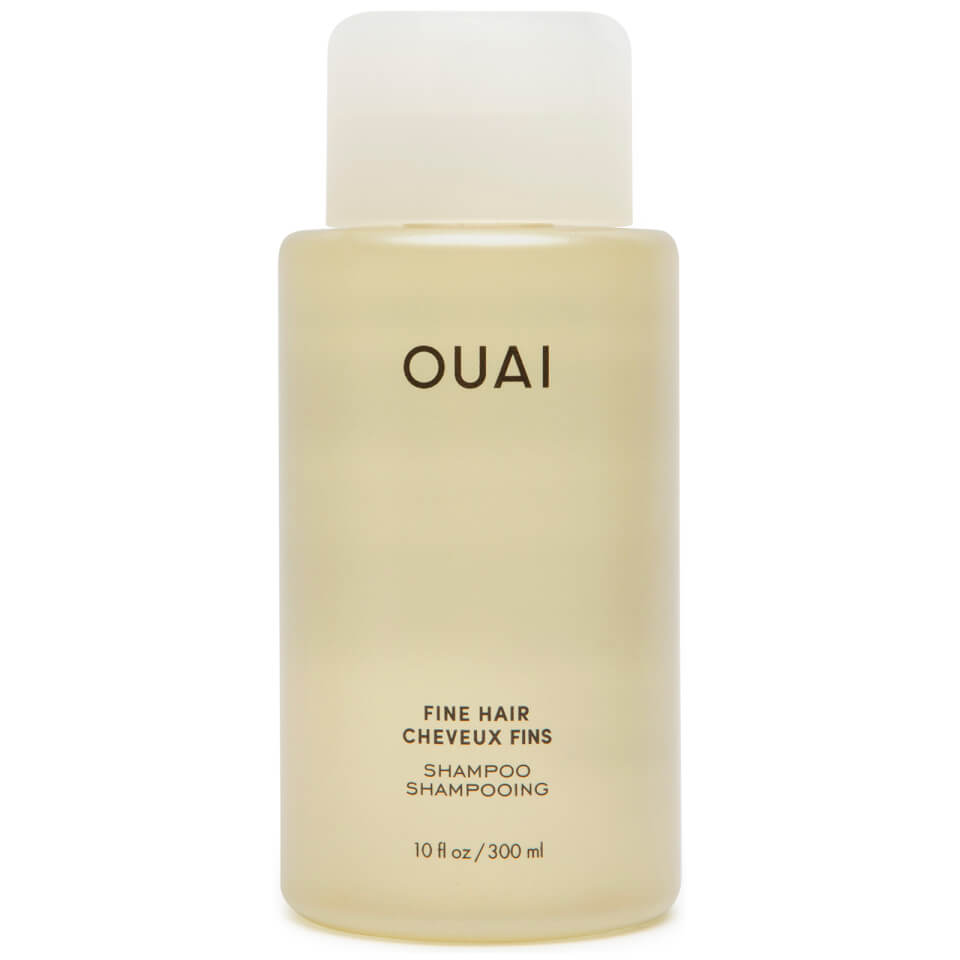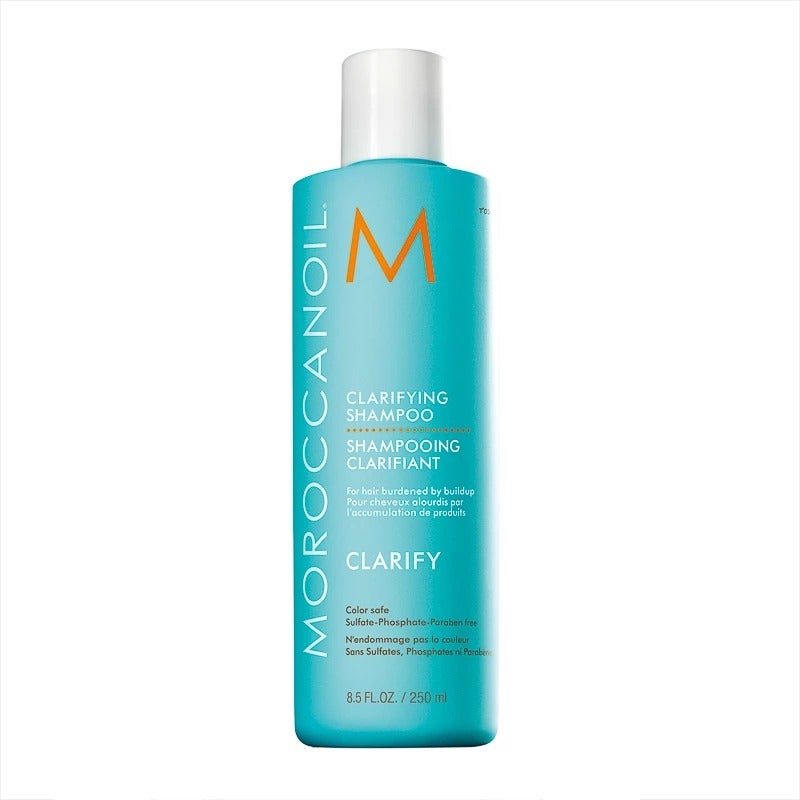How To Remove Hair Dye When Your Quarantine Makeover Goes Wrong
Photo: Christian Vierig/Getty Images.
These days, it feels like everyone and their mother is a quarantine colourist. Week nine (or is it 10?) restlessness, coupled with the fact that your hair salon is still closed for business, might have you spending hours scouring the internet for box or spray-on dye, only to have it sit on your bathroom counter for days (if not weeks).
What's stopping you from actually going through with it and grabbing the bleach brush or pastel pink tint that looks so good on every blonde on Instagram? That moment when your brain dials into the fact that you're not a trained professional — and this could go very, very wrong.
AdvertisementADVERTISEMENT
With DIY colour, you do run the risk of amateur errors, from staining your skin to botching the process so badly that you require a very-expensive correction when your salon reopens. According to Angela Soto, hairstylist and owner of Baja Studio in NYC, anyone turning their bathroom sink into a shampoo bowl should proceed with caution. "When it comes to colouring your hair, you can't just remove the colour if you don’t like it," she explains. "Once the chemicals are activated and processed, you can’t undo it."
That being said, DIY colour can be executed without issue (or a certificate from cosmetology school). If you're committed to trying a new look, a temporary pastel pink, or just simply touching up your balayage on your own, here are Soto's three pro tips (which you should commit to memory before grabbing your dye) that will save you from the most common disasters.
Prep Your Hairline
The initial fear that comes with at-home hair dye — actually, dye of any kind — is accidentally staining your skin. You know to wear gloves (they come in the box), but you should also rub a layer of Vaseline or coconut oil on your hairline to create a barrier between your skin and the dye. "Whether you're using a permanent or temporary colour, I'd recommend applying an oil, like a coconut oil, around your hairline beforehand," says Soto.
If it's too late and you've already stained your skin — don't panic. You can use your coconut oil (or another non-irritating oil), plus soap and water, to lift the dye. "First, try rubbing the stained skin with coconut oil," says Soto. "Then take a cotton ball soaked in soapy water and leave it sitting on the stained area for five minutes. Gently scrub the skin until the dye fades. Depending on your skin type and the type of dye used, there may still be residual stain for 24 hours."
AdvertisementADVERTISEMENT
Err On The Lighter Side
It's tough to generalise with all hair colour, but sage advice for anyone dyeing at home is to find what you think is your desired shade, and then go one shade lighter. Soto reminds us of the golden rule: It's easy to transition colour from light to dark, but vice versa is tricky. "If you accidentally go a little too light, you could apply another colour, one shade darker, and hope that corrects it," explains Soto. "But if your colour ends up too dark, you're stuck. Once you're dark, you can only remove the dye with a lightener, like bleach, in the form of highlights or a colour correction done by a professional."
Keep A Clarifying Shampoo On Hand
If you're really unhappy with your colour, your best chance at stripping the dye is to grab your clarifying shampoo ASAP. "If it is a semi-permanent or temporary hair colour and you don’t like your results, you can wash the dye out immediately after with clarifying shampoo," says Soto. "This should help remove the colour up to 70%, and any residual colouring should wash out with a few more washes. Washing will soften intensity, but again, there aren’t any products that will completely remove your colour." Thus, you have your three-pronged safety plan in place.
Refinery29's selection is purely editorial and independently chosen – we only feature items we love! As part of our business model we do work with affiliates; if you directly purchase something from a link on this article, we may earn a small amount of commission. Transparency is important to us at Refinery29, if you have any questions please reach out to us.
AdvertisementADVERTISEMENT








